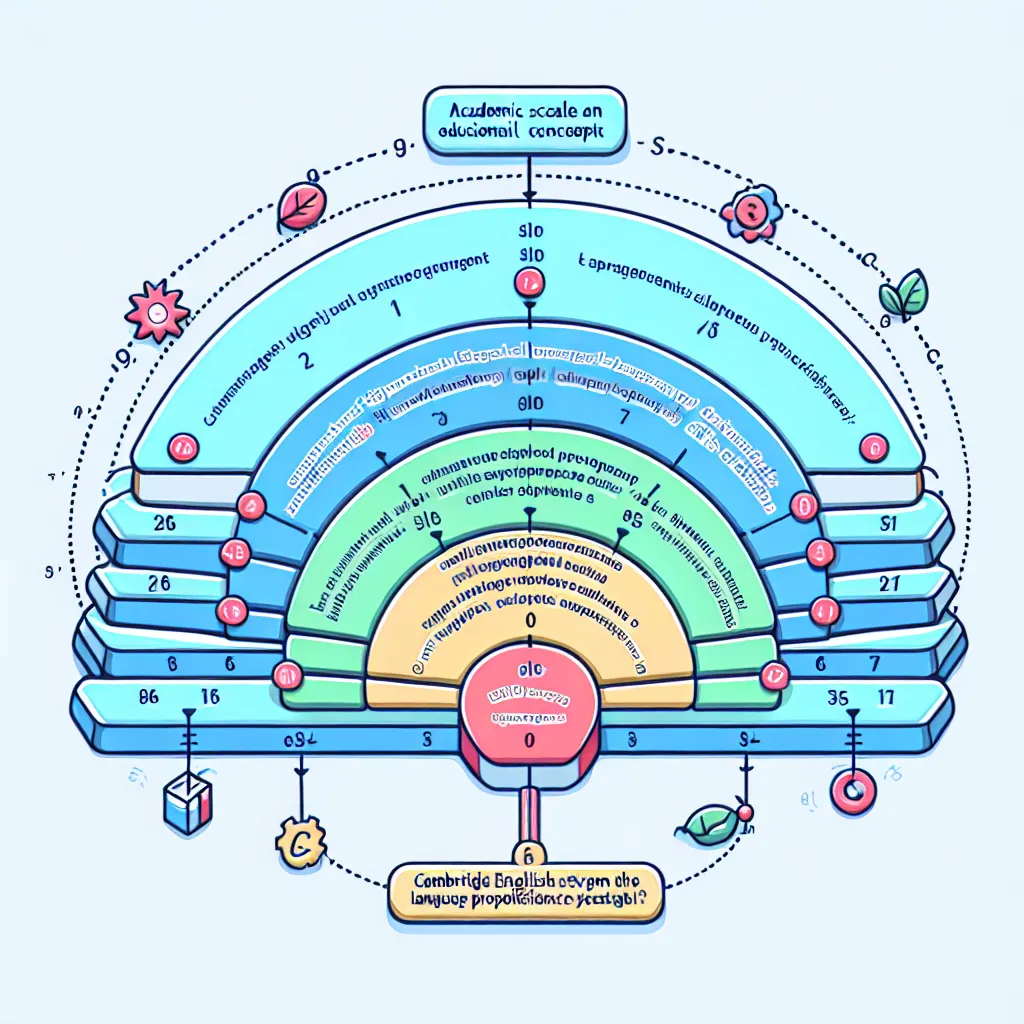Are you preparing for the Cambridge English exams and wondering how your writing will be evaluated? Understanding the scoring criteria for Cambridge Writing Task 1 is crucial for success. In this comprehensive guide, we’ll break down the assessment process, helping you grasp what examiners are looking for and how to maximize your score.
Understanding Cambridge Writing Task 1
Cambridge Writing Task 1 is a critical component of various Cambridge English exams, including B2 First (FCE), C1 Advanced (CAE), and C2 Proficiency (CPE). This task typically requires candidates to write an essay, report, letter, or review, depending on the specific exam level.
 Cambridge Writing Task
Cambridge Writing Task
The Importance of Scoring Criteria
Knowing how your writing will be assessed is vital for several reasons:
- It guides your preparation and practice.
- It helps you focus on key areas that examiners evaluate.
- It allows you to self-assess and improve your writing skills.
The Four Assessment Criteria
Cambridge examiners use four main criteria to score Writing Task 1. Let’s explore each in detail:
1. Content
Content refers to how well you’ve addressed the task and communicated your ideas. Examiners look for:
- Relevance to the question or prompt
- Development of ideas
- Appropriate length (usually 140-190 words for B2 First, 220-260 words for C1 Advanced, and 240-280 words for C2 Proficiency)
Tips for improving content:
- Read the task carefully and ensure you understand all parts of the question.
- Plan your response before writing to ensure logical organization.
- Use examples and supporting details to elaborate on your main points.
2. Communicative Achievement
This criterion assesses how well you’ve fulfilled the communicative purpose of the task. Examiners consider:
- Appropriateness of tone and register
- Awareness of the target reader
- Adherence to the conventions of the particular text type (e.g., formal letter, report)
Tips for enhancing communicative achievement:
- Research the conventions of different text types.
- Consider your audience and adjust your language accordingly.
- Use appropriate phrases and expressions for the given context.
3. Organization
Organization evaluates the structure and coherence of your writing. Examiners look for:
- Logical sequencing of ideas
- Effective use of paragraphs
- Appropriate use of cohesive devices
Tips for improving organization:
- Use a clear introduction, body, and conclusion structure.
- Employ a variety of linking words and phrases.
- Ensure each paragraph focuses on a single main idea.
4. Language
The language criterion assesses your vocabulary and grammar. Examiners consider:
- Range and accuracy of vocabulary
- Grammatical control and complexity
- Spelling and punctuation
Tips for enhancing language use:
- Expand your vocabulary with words and phrases relevant to common topics.
- Practice using a variety of grammatical structures.
- Proofread your work carefully for errors.
How Scores Are Calculated
Each of the four criteria is scored on a scale of 0-5, with 5 being the highest. The overall score for Writing Task 1 is an average of these four individual scores, which is then converted to the Cambridge English Scale.
 Cambridge Scoring Scale
Cambridge Scoring Scale
Understanding Band Descriptors
Examiners use detailed band descriptors for each criterion to assign scores. These descriptors outline the expectations for each band level. For example:
- Band 5: Excellent performance in the criterion
- Band 3: Good performance with some areas for improvement
- Band 1: Poor performance with significant weaknesses
Common Pitfalls to Avoid
To maximize your score, be aware of these common mistakes:
- Misinterpreting the task or not addressing all parts of the question
- Using an inappropriate tone or register for the given context
- Poor paragraph structure or lack of cohesion between ideas
- Overuse of simple vocabulary and grammatical structures
- Neglecting to proofread, resulting in avoidable errors
Strategies for Success
Implement these strategies to improve your performance in Cambridge Writing Task 1:
- Practice timed writing regularly to improve speed and efficiency.
- Analyze sample answers and examiner comments to understand expectations.
- Use a variety of resources to expand your vocabulary and grammar knowledge.
- Seek feedback from teachers or native speakers on your writing.
- Familiarize yourself with different text types and their conventions.
Next Steps in Your Preparation
Now that you understand how Cambridge Writing Task 1 is scored, it’s time to put this knowledge into practice:
- Take a practice test and score yourself using the criteria outlined above.
- Identify your weakest areas and create a study plan to address them.
- Set specific goals for improvement in each criterion.
- Consider enrolling in a Cambridge exam preparation course for expert guidance.
Remember, improving your writing skills takes time and consistent effort. By understanding the scoring criteria and focusing on each aspect of your writing, you’ll be well-prepared to excel in Cambridge Writing Task 1.
Do you have any questions about the scoring process or tips for improvement? Share your thoughts in the comments below, and don’t forget to check out our other articles on Cambridge exam preparation for more valuable insights!




